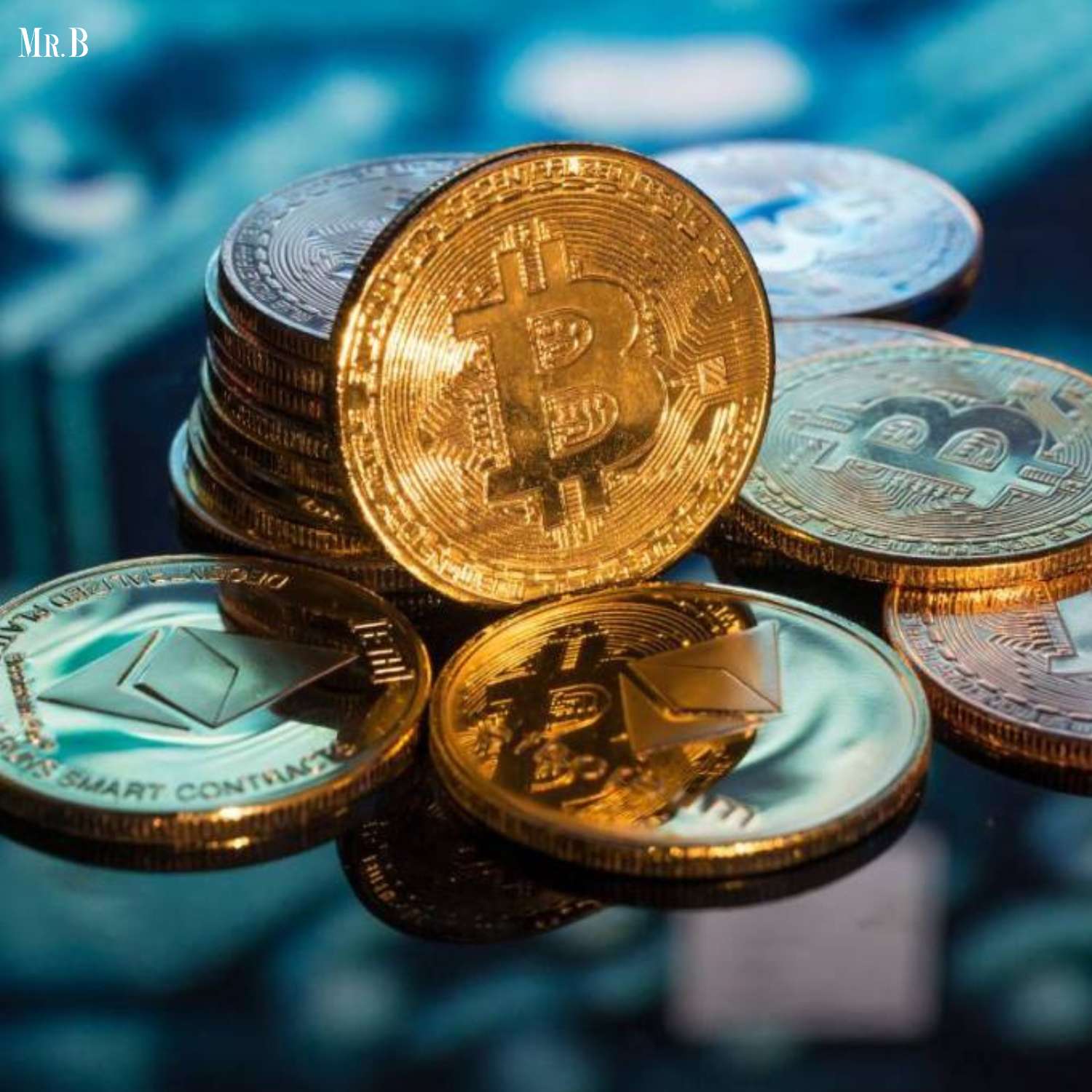Today, digital currency has emerged as an innovative way of transaction that challenges the traditional concepts of money and transactions. As we move towards an increasingly digitized future, digital currencies are growing in importance. From the convenience of instantaneous transactions to the potential for financial inclusion on a global scale, digital currency offers a variety of promising advantages. However, like any revolutionary concept, it’s not without its drawbacks.
In this article, we delve into the intriguing pros and cons of using digital currency, shedding light on both its potential to reshape our financial landscape and the challenges it must overcome.
Pros of Digital Currency:
1. Instantaneous Transactions
One of the most significant advantages of digital currency is its ability to facilitate instant transactions. Traditional financial systems often involve delays due to intermediary banks and cross-border complexities. With digital currency, transactions occur peer-to-peer and are verified through blockchain technology, enabling swift and borderless transfers of value. This speed and efficiency are especially beneficial for businesses engaged in international trade, allowing them to reduce the time and costs associated with cross-border payments.
2. Global Financial Inclusion

A significant portion of the world’s population lacks access to traditional banking services. Digital currency has the potential to bridge this gap by providing a means for the unbanked to engage in financial transactions. All that’s needed is an internet connection, granting access to a global economy that was previously out of reach for many. This inclusivity has the power to empower individuals and communities, fostering economic growth and reducing the disparities between the developed and developing world.
3. Reduced Transaction Costs
Digital currency transactions can significantly reduce transaction costs compared to traditional banking systems. By eliminating intermediaries and streamlining processes, users can enjoy lower fees for transferring funds, making microtransactions more feasible and affordable. This cost-effectiveness is particularly attractive for small businesses and individuals who seek to save money on transaction fees, thereby improving their financial bottom line.
4. Security and Transparency
Blockchain technology, the backbone of most digital currencies, offers unparalleled security and transparency. Each transaction is recorded in a decentralized and tamper-proof ledger, ensuring data integrity and reducing the risk of fraud or unauthorized manipulation. This level of transparency is especially valuable in combating corruption, as transactions are publicly accessible while maintaining user privacy through cryptographic techniques.
5. Financial Innovation
The advent of digital currency has spurred a wave of financial innovation. Decentralized finance (DeFi) platforms, smart contracts, and tokenization of assets are just a few examples of how digital currencies are paving the way for new ways of managing, investing, and trading assets. These innovations have the potential to reshape traditional financial services, making them more accessible, efficient, and customizable to individual needs.

Cons of Digital Currency:
1. Volatility:
While some digital currencies like Bitcoin have captured headlines for their meteoric rise in value, their extreme volatility can be a double-edged sword. The potential for massive gains is paralleled by the risk of substantial losses, making them a speculative investment rather than a stable store of value. This volatility can deter risk-averse investors and create challenges for businesses that require stable pricing for goods and services.
2. Regulatory Challenges
The decentralized nature of many digital currencies poses regulatory challenges for governments around the world. Striking a balance between innovation and consumer protection is a complex task, as regulators grapple with issues such as taxation, fraud prevention, and anti-money laundering measures. The absence of a centralized authority overseeing digital currencies can lead to regulatory inconsistencies and hurdles in enforcing laws.
3. Security Concerns
Despite the inherent security benefits of blockchain technology, the digital landscape is not immune to security breaches. Hacks on exchanges and wallets have resulted in the loss of millions of dollars’ worth of digital currency, highlighting the need for robust cybersecurity measures. Users must take extra precautions to safeguard their private keys and ensure the security of their digital assets.
4. Lack of Understanding
The concept of digital currency is still relatively new to many individuals. The intricate technicalities of blockchain, wallets, and private keys can be intimidating for newcomers, potentially leading to user errors and loss of funds. Education and awareness initiatives are crucial to ensuring that users have a comprehensive understanding of the technology and how to navigate the digital currency ecosystem safely.

5. Irreversible Transactions
Unlike credit card transactions, which often offer some level of chargeback protection, digital currency transactions are irreversible. Once a transaction is confirmed on the blockchain, there’s no recourse for recovering funds in case of a mistake or fraud. This feature underscores the importance of careful transaction verification and due diligence before finalizing any digital currency transaction.
In conclusion
The emergence of digital currency has given rise to a significant shift in the way we perceive and interact with money. The fascinating pros, from instantaneous transactions to global financial inclusion, hold the promise of a more connected and inclusive financial ecosystem. However, it’s essential to navigate the landscape with caution, as the cons, including volatility, regulatory challenges, security concerns, and the need for better understanding, remind us of the complexities that accompany this technological revolution.
As digital currency continues to evolve, finding a delicate equilibrium between innovation and stability will be crucial in harnessing its transformative potential for the benefit of individuals and economies worldwide. Whether you’re an early adopter or an intrigued observer, the era of digital currency is undeniably shaping the future of finance in ways that were once deemed unimaginable. As society embarks on this exciting journey, staying informed, educated, and aware will be the key to unlocking the vast opportunities that digital currency presents while mitigating its inherent risks.







